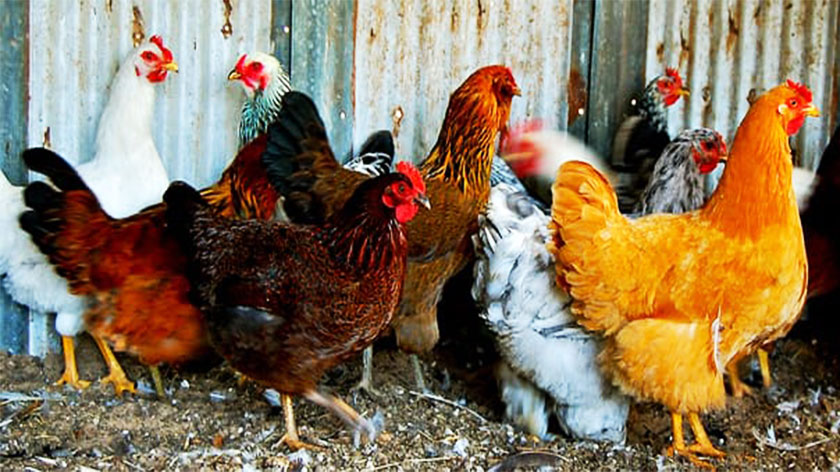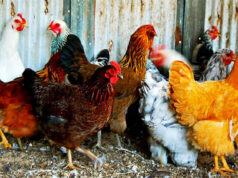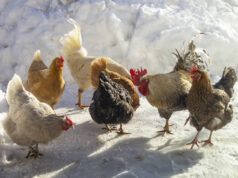Do chicken lay eggs in the winter? is a common question among poultry enthusiasts. As the days get shorter and the temperature drops, many chicken owners worry about their flock’s productivity. The good news is that, with the right care and conditions, your chickens can continue laying eggs even through the cold months.

The Science Behind Egg Production
To understand whether chickens lay eggs in the winter, it’s essential to first grasp the basics of egg production. Chickens need certain conditions, including balanced nutrition and sufficient light, to produce eggs regularly.
How Light Affects Egg Laying
Light exposure plays a crucial role in egg production. Chickens require about 14-16 hours of light a day to maintain optimal egg-laying conditions. During the winter, natural daylight is limited, which can cause a drastic drop in egg production if no artificial lighting is provided.
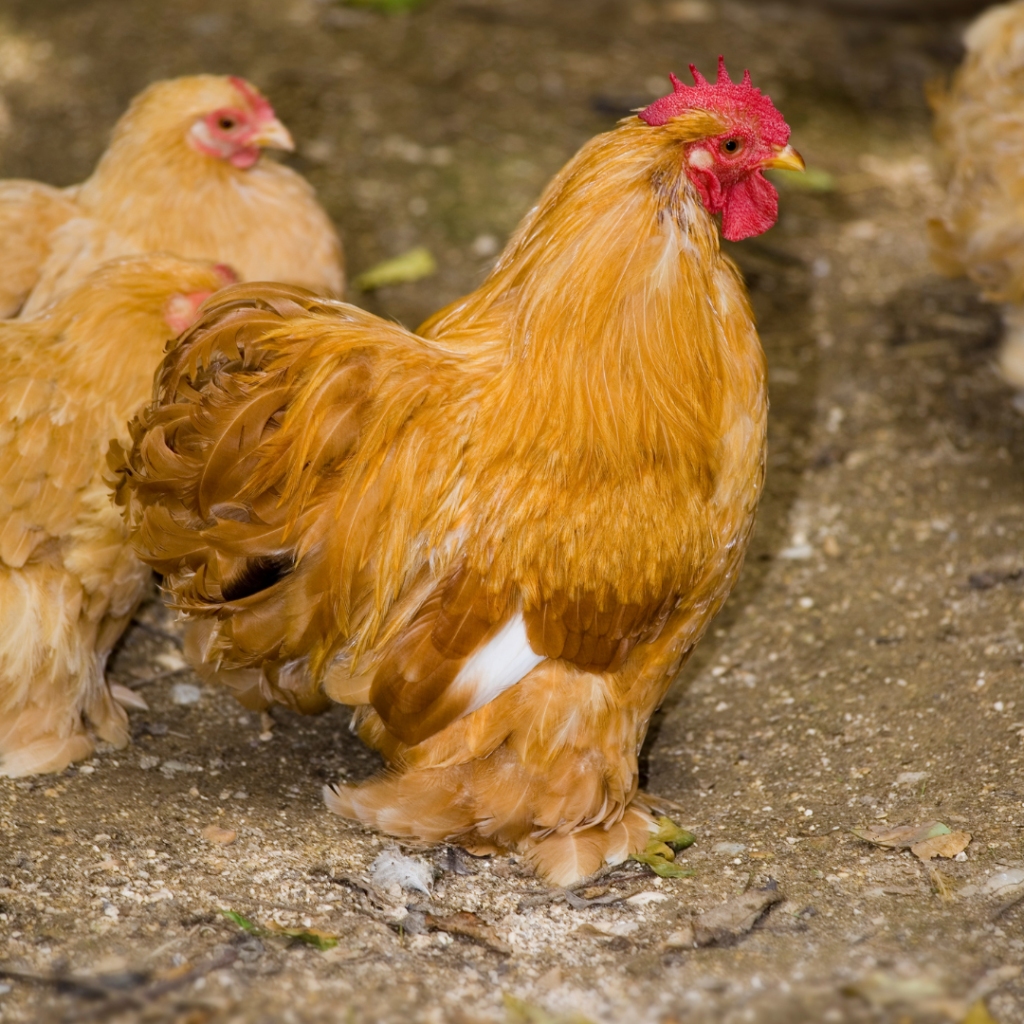
Managing Light Exposure
One way to ensure your chickens continue laying in the winter is by using artificial lighting. Setting up a light inside the coop that turns on during the early morning hours can help mimic the longer days of summer.
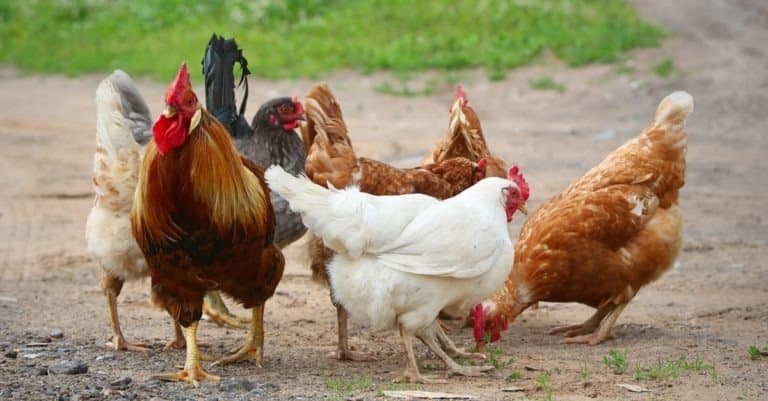
The Role of Nutrition
Proper nutrition is another key factor in maintaining egg production during the winter. High-quality feed that is rich in protein, calcium, and other vital nutrients can help keep your chickens healthy and productive.
Special Winter Diets
In addition to standard feeds, special winter diets that include grains and seeds can provide extra energy to help chickens stay warm and continue laying eggs. Supplements and treats like crushed oyster shells can also help in boosting calcium levels, which is crucial for egg production.

The Importance of Shelter
Keeping your chickens warm and comfortable during the winter is essential for continued egg production. Well-insulated coops can protect them from the harsh elements and reduce stress, leading to a more steady egg supply.
Common Challenges in Winter Egg Laying
Temperature Fluctuations
Extreme cold can be a significant challenge for chickens. Keeping the coop insulated and using heat lamps can help maintain a stable temperature, preventing the birds from getting too cold.
Molting
Molting, the process where chickens lose old feathers and grow new ones, often occurs in the fall and can disrupt egg production. Providing extra protein during this time can help minimize the impact on egg laying.
Dealing with Illness
Cold and damp conditions can make chickens more susceptible to illnesses. Regular health checks and vaccinations can go a long way in preventing diseases that can affect egg production.
For more information on chicken health, you can read about chicken disease symptoms.
Using Approved Technology
Technological advancements have made it easier to manage chickens in winter. From automated feeders to temperature-regulating heat lamps, there’s a range of tools that can help you maintain optimal conditions for egg production.
Innovative Coop Designs
Modern coop designs that include insulation and automated lighting systems can significantly improve winter egg production.
Monitoring Tools
Tools like temperature and humidity sensors can help you closely monitor the environment inside the coop, ensuring that your chickens have the best conditions for laying eggs.
Success Stories
Small-Scale Farmers
Many small-scale farmers have successfully maintained egg production during winter by implementing these tips. Consistent care and attention to detail can lead to tremendous results.
Backyard Enthusiasts
Even backyard enthusiasts have found it rewarding to see their chickens lay eggs throughout the cold months by following these practices.
Conclusion
Do chicken lay eggs in the winter? Yes, they do! By managing light exposure, providing proper nutrition, and using the latest approved technology, you can ensure your chickens continue to lay eggs even when the weather turns cold.
FAQs
Can artificial lighting harm my chickens?
When used properly, artificial lighting is safe and can help maintain egg production in winter.
What is the best feed for winter egg production?
High-quality, protein-rich feed supplemented with grains and seeds is ideal for winter egg production.
How can I prevent my chickens from getting sick in winter?
Ensure your coop is well-insulated, provide proper nutrition, and conduct regular health checks to keep your chickens healthy during winter.
For more information on chicken health, you can read about chicken disease symptoms.
For external resources, check out the best chickens for the backyard.
As an Amazon Associate, I earn from qualifying purchases.
